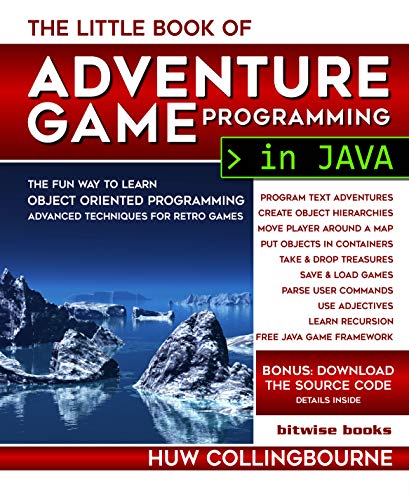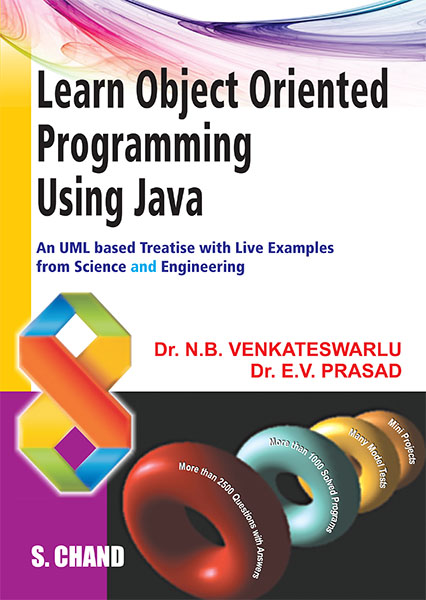

However, the dynamics resulting from the digitalization and the increasing relevance of social media is an ongoing challenge for quality journalism. In times of fake news, which are defined as news articles which intentionally spread deceptive information, this democratic role of journalism has gained importance. This role-known as the fourth estate-did not decrease in relevance due to the digitalization of the media landscape. In addition to the need for clicks, journalists are fulfilling the role of a watchdog, which keeps an eye on those in power, ranging from the government to the economy. Due to the reluctance of media users to pay for online news offers and increasing competition with additional paid entertainment offers such as Netflix and Amazon Prime, media organizations face pressure to attract readers to their websites to generate income from the displayed advertisements. newspapers with a weekday circulation of more than 100,000 used Facebook or Twitter. newspapers had only a negligible number of followers on social media, but by 2013, all U.S. To stabilize or increase their readership levels to stay profitable, most media organizations jumped on the bandwagon and are present on social media. Although people older than 35 years prefer to consume their news through news apps and directly on news websites, those younger than 35 years prefer social media and messengers to stay informed. Youth in particular use social media to stay informed and connected. Social media as a platform for information consumption and distribution has become increasingly important as people switch from traditional media like television or newspapers to online and mobile media as their main media source. The data can be requested from or Introduction Under all conditions, the requirements of the GDPR and copyright must always be observed. The second form of the dataset will only be provided by requesting the authors. Provided is first reduced version of the dataset via the repository Zenodo (the required data set has been uploaded on Zenodo and can be found under the following DOI 10.5281/zenodo.6433000). In this context, it is particularly important to note that these texts may not be modified, as they are subject to the copyright of the respective authors and media houses. The second version of the dataset will contain the concrete content (headline and teaser text) and media houses in addition to the derived classifications and engagement parameters. Again, it will be on the premise that use of the dataset is permitted for scientific purposes only, and modification or disclosure to third parties will be prohibited. We will send the second version of the dataset only to scientists upon specific request. This version of the dataset is made freely available on the premise that it may only be used for scientific purposes. We will provide a fully cleaned dataset that contains only our classifications and mappings, as well as the numerical engagement parameters. We agree that the data, which we used for our analysis will be made available for scientific purposes in two ways. Furthermore, the data includes the headlines and teaser texts of the journalistic articles which have been collected on their respective Facebook sites, such as thematic classification, identification of clickbait features and classification of soft or hard news. The data which was collected includes no personal identifiers of individual users but delivers an overview about the amount of engagement by the users (likes / reactions, shares and number of comments).


The data, which has been collected for this project has been collected through the API of Facebook/ Meta prior to the Cambridge Analytical Scandal and thus prior to the harsh restrictions for the collections of social media data on Facebook, even for scientific purposes. Associated Data Data Availability Statement


 0 kommentar(er)
0 kommentar(er)
